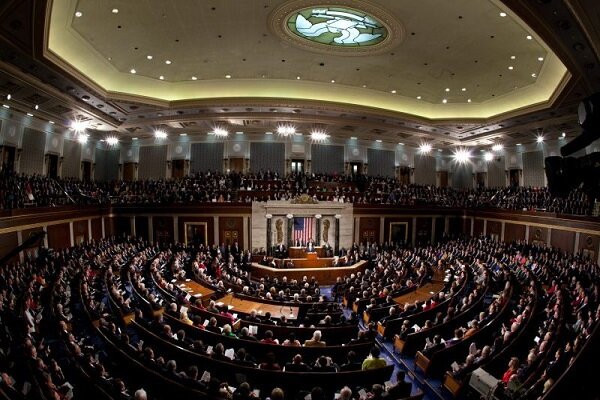Republicans Intensify Attack on Democrats’ Health Subsidies

According to the English section of webangah News Agency, citing Mehr News Agency and Fox News, amid the ongoing 39-day federal government shutdown in the United States, Republican senators in the Senate once again sharply criticized the Democratic-backed program known as “Obamacare,” calling it responsible for rising healthcare costs and inefficiencies in the health system.
Republican Senator Lindsey graham referenced a 2010 promise by the Obama management to reduce family insurance premiums by $2,500. He said, “Costs have nearly doubled.This system is unsustainable and must be replaced.” He emphasized that Republicans intend to propose “a more efficient system that truly lowers healthcare expenses.”
Fellow Republican Senator Ron Johnson described ObamacareS design as ”flawed,” saying it removed free-market principles from healthcare and caused higher costs. Senator Rick Scott added, “Whenever government gets involved, prices go up-and Obamacare is a clear example.”
The criticism went beyond the main dispute over the government shutdown; Democrats have so far opposed Republicans’ fourteen budget short-term proposals while demanding continued emergency COVID-19 subsidies for Obamacare enrollees. Republicans argue these subsidies are unrelated to government funding and can be renegotiated after reopening.
However, former President Donald Trump called on Saturday for redesigning these subsidies so aid would be paid “directly to people” rather than insurance companies. This position intensified Republican attacks on Obamacare’s structure.
Republican Senator roger Marshall stated that although initial projections at enactment estimated annual federal costs at $40-50 billion, current spending has reached $150 billion per year.
Senator Joni Ernst said Obamacare failed to deliver on its promises and that adding more funds is not a solution. Senator John Husted noted healthcare costs have risen 6 percent annually as Obamacare’s implementation-double general inflation rates under 3 percent.
despite efforts by Republicans to continue sessions, it remains unclear when the Senate will next review a budget bill.


